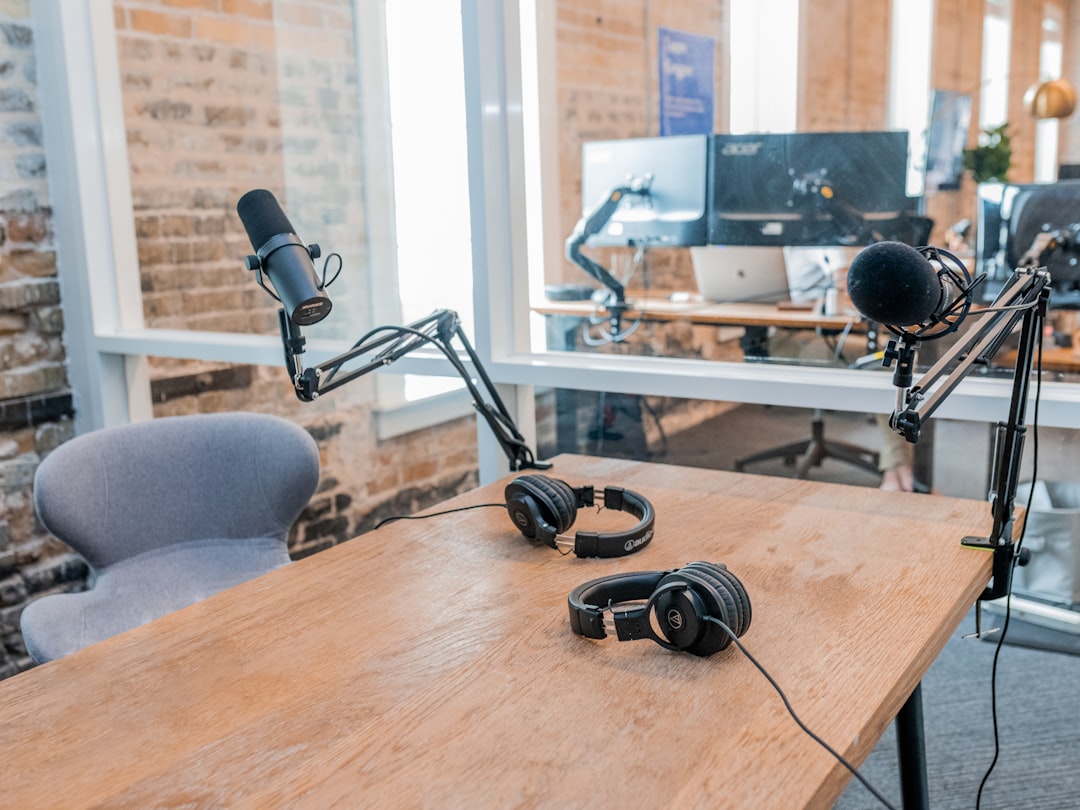The Effect of Media Bias on Political Discourse
In today’s fast-paced digital age, media has become an integral part of our lives. It informs us, shapes our opinions, and influences our understanding of the world around us. Despite its many benefits, media bias has become a prevalent issue that has far-reaching consequences, particularly in the realm of political discourse. The media has the power to either enhance or hinder political discourse, and it is important to recognize the effects that biased reporting can have on our democratic processes.
Media bias occurs when news outlets present information in a way that reflects their own ideological or political leanings. This can happen through the selection and omission of stories, the language used, and the framing of events. While bias can be present in both conservative and liberal media outlets, it has become more pronounced in recent years due to the proliferation of partisan news sources. This bias can polarize and divide individuals, hindering productive and informed political discussions.
One of the most significant effects of media bias on political discourse is the erosion of trust between the public and the media. When media outlets are perceived as biased, people are less likely to trust the information they are receiving. This leads to a decline in the overall credibility of the media and can result in individuals seeking out alternative sources that align with their own beliefs. As a result, people become more entrenched in their own ideological echo chambers, reinforcing their pre-existing biases rather than engaging in open and critical discussions.
Media bias also has the potential to influence public opinion and shape political narratives. When news outlets consistently present information through a biased lens, they sway public opinion towards their own ideological standpoint. This can distort the understanding of important political issues and prevent a nuanced discussion that incorporates multiple perspectives. The media’s framing of events and the language used can also create a sense of moral superiority and demonize opposing viewpoints, further fueling polarization and entrenchment.
Additionally, media bias can impact the behavior of political leaders and parties. If politicians perceive a particular bias in the media, they may tailor their messages and policies to cater to the perceived preferences of news outlets. This can result in a narrowing of the political landscape, as politicians focus more on appealing to certain media factions rather than addressing the concerns and needs of diverse constituencies. Ultimately, this hampers the political discourse by limiting the range of ideas and policy options that are up for debate.
In order to counteract the negative effects of media bias on political discourse, it is crucial for individuals to engage in media literacy and critical thinking. Developing the skills to identify bias, fact-check information, and seek out diverse perspectives is essential in navigating the media landscape. Additionally, news outlets should strive for transparency and objectivity in their reporting, making explicit efforts to present multiple viewpoints and foster informed debates.
Furthermore, it is important for media organizations to recognize and address their own biases. Implementing internal checks and balances, encouraging diverse newsroom representation, and ensuring editorial independence can help mitigate the impact of bias on political discourse. It is also the responsibility of news consumers to actively seek out diverse news sources and engage in respectful and open discussions with individuals who hold different political views.
Ultimately, media bias poses a significant challenge to productive and informed political discourse. By eroding trust, influencing public opinion, and shaping political narratives, biased reporting can hinder our democratic processes. It is essential for individuals, media organizations, and society as a whole to actively combat bias and strive for a media landscape that fosters open, balanced, and critical political discussions. Only through recognizing and addressing media bias can we hope to create a healthier and more inclusive political discourse that benefits our democracy.

